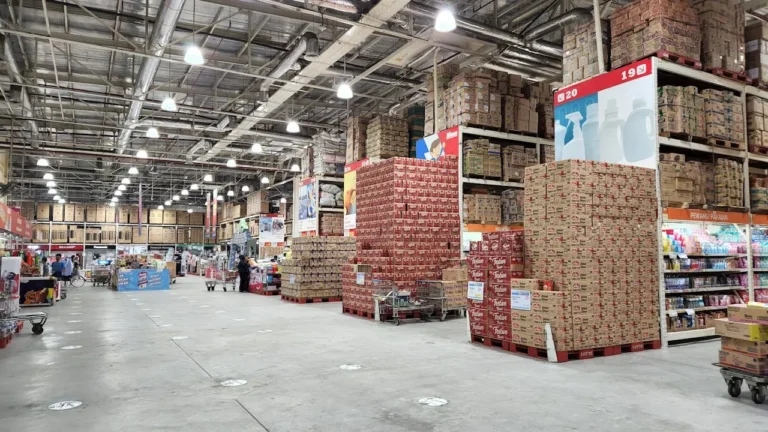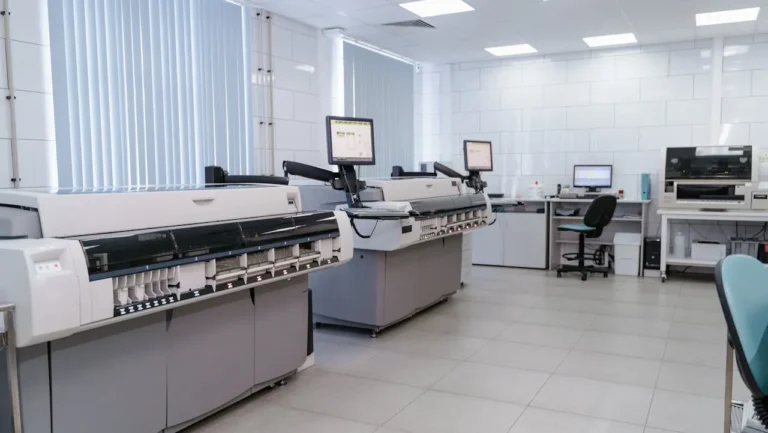
Gatik, a leader in autonomous middle-mile logistics, has announced a strategic investment from Nippon Express Holdings, Inc. (NX Group), a global force in logistics. This investment strengthens Gatik’s position in North American logistics, accelerating the deployment of its autonomous technology across the region.
Gatik’s growth is fueled by strategic partnerships, cementing its leadership in the middle-mile segment of the supply chain. By focusing on routes between distribution centers, fulfillment centers, and retail locations, Gatik addresses key challenges like driver shortages and supply chain inefficiencies, resulting in faster deliveries and lower costs. With operations already active in Texas, Arkansas, and Ontario, Canada, Gatik is transforming the logistics landscape. Recent investments from Isuzu Motors and ITOCHU further underscore industry confidence in Gatik’s safe, transparent, and regulator-approved approach to middle-mile autonomy.
“Middle-mile autonomy is the first application of autonomous trucking to achieve scale in commercial use. It’s crucial for solving today’s pressing logistics issues—ensuring faster deliveries, addressing labor shortages, reducing costs, and meeting the rising demand for goods in the e-commerce era,” said Gautam Narang, CEO and co-founder of Gatik. “Our partnership with NX Group reflects the impact we’re making in North America and the confidence global partners have in our ability to meet evolving customer needs.”
Since its founding in 2017, Gatik has been at the forefront of autonomous logistics, pioneering the use of autonomous vehicles (AVs) for middle-mile deliveries. In 2021, Gatik achieved the world’s first fully autonomous deliveries with Walmart. By focusing on shorter, fixed, and repeatable routes, Gatik has rapidly commercialized its technology, avoiding the regulatory hurdles and unpredictable conditions that challenge long-haul solutions. This focus gives Gatik a competitive edge, enabling quicker deployment, reducing time to market, and effectively addressing logistics challenges.




